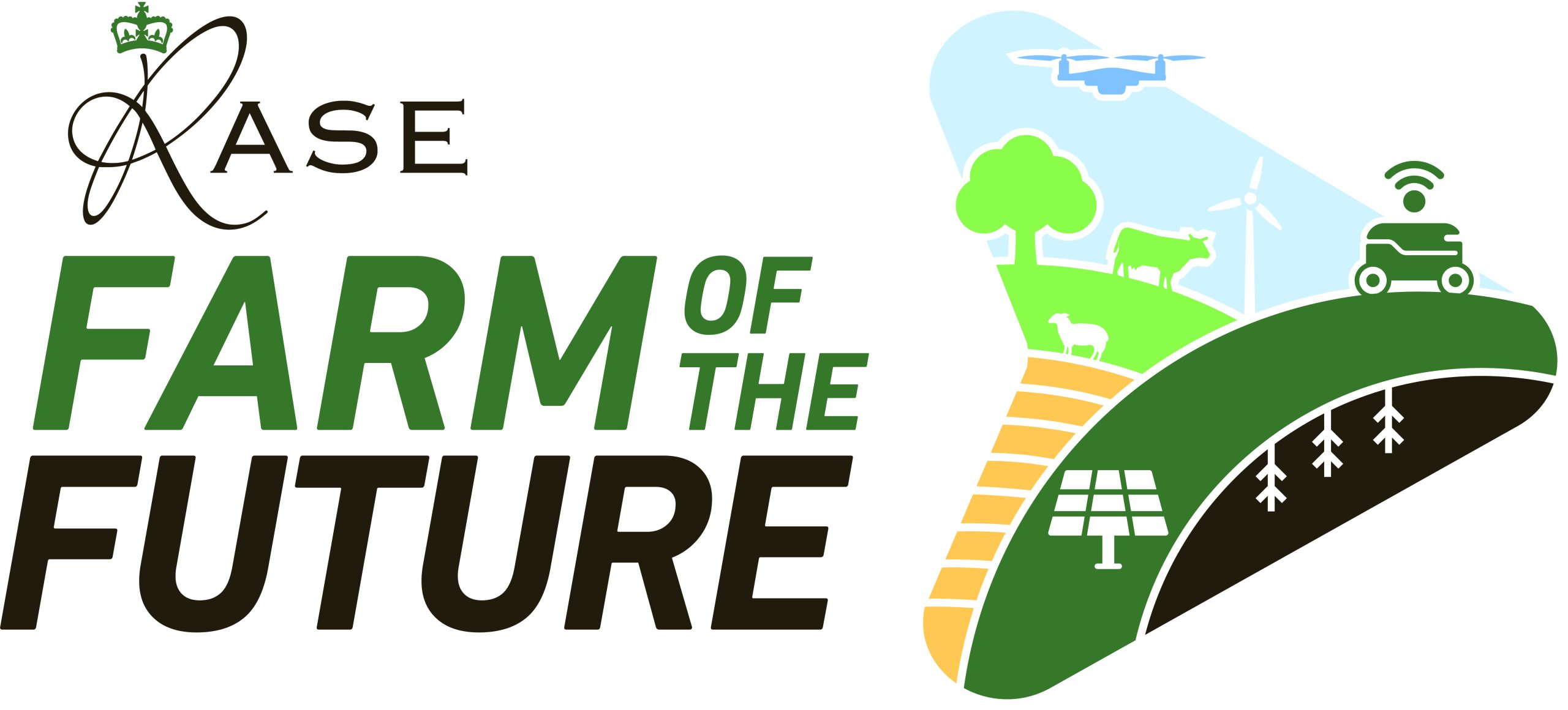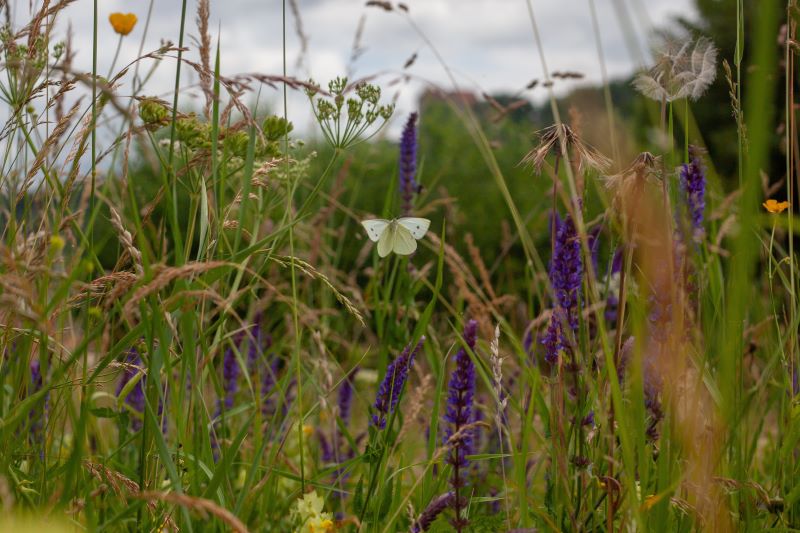Biodiversity Net Gain (BNG) is one of the mechanisms available to farmers and landowners to earn an income for restoring biodiversity loss on farmland.
From a farmer’s perspective, BNG can provide an opportunity to generate a new income stream by creating or enhancing habitats on their land that can be sold as biodiversity units to developers who need to offset and deliver 10% improvement in biodiversity for each of their projects. However, BNG requires long-term legal commitments of at least 30 years, so seeking professional advice is crucial before entering into any BNG agreement. More information about BNG and how it works from a farmer or landowners perspective can be found here.
Speaking in the webinar, Harvey Davies from Thrings – a solicitor specialising in natural capital – shared the following key considerations for farmers and landowners who are thinking about entering a BNG agreement.
1. Be aware of the principle of additionality
To generate biodiversity credits which can be sold to developers it is essential to deliver clear and measurable improvement in biodiversity over and beyond the existing land use. This means that if the land that is being considered for BNG has already been under an SFI or a Countryside Stewardship scheme, then the gain that can be generated on that land is less than if, for example, it had been used purely for arable purposes.
Demonstrating additionality requires significant professional input, such as ecological assessments and management plans. These upfront costs need to be factored in.
2. Sort out farm ownership structures first
Speaking in the webinar, Harvey advised landowners to sort out the underlying ownership and management structures of their farming business before seriously considering entering into BNG agreements.
He noted that farm ownership arrangements can sometimes be quite complex, with different owners involved in the management of the business. This can complicate how BNG schemes are structured and managed.
Where there are multiple individuals who own the business, it is important to take different owner objectives into account. Some owners may prefer to generate quick cash, while others may prefer a steadier income stream. These differing priorities need to be aligned before committing to any long-term scheme such as BNG.
In addition, BNG agreements can potentially diminish the freehold value of the land. This needs to be factored in, especially in terms of the landowner’s relationship with their bank and ability to raise further finance.
Finally, the terms of any tenancy agreements will be crucial in determining whether a tenant farmer can participate in a BNG scheme. The legal interests of all parties need to be aligned.
Harvey emphasised that getting the farm’s ownership and management structures “fit for purpose” is a critical first step before pursuing BNG or other long-term environmental schemes. Seeking professional legal and tax advice is highly recommended to navigate these complex issues. Sorting out these foundational elements can help ensure the BNG agreement aligns with the overall goals and constraints of the farming business and its owners.
3. Do you need the biodiversity credits yourself?
Another important consideration for landowners is whether they may need the biodiversity credits or units generated from their land for their own use, rather than selling them to developers.
Some large corporate customers may start expecting their supplier farmers to deliver certain environmental improvements as part of their contracts. Similarly, if farmers are seeking to develop land on their farm, they may well be required to meet the 10% BNG requirement for that development. If the landowner has already sold off their biodiversity units, they may then need to go and buy units to meet those supply chain obligations or planning requirements.
By selling off biodiversity units, the landowner or farmer foregoes the opportunity to use those credits to meet their own environmental requirements or commitments in the future. This opportunity cost needs to be factored in.
In summary, seeking legal advice before entering a BNG agreement is very important, due to the long-term commitment being made and the potential implications for the farm business and its owner(s). BNG is only one of the options available for farmers seeking to earn an income for delivering biodiversity outcomes, with alternatives outlined here. Find out more about BNG in the recording of the ‘Farm of the Future: Securing an income from restoring biodiversity loss’ webinar recording, which can be found in the RASE members’ resources. If you’re not yet a member of RASE, find out more about the membership benefits here.

